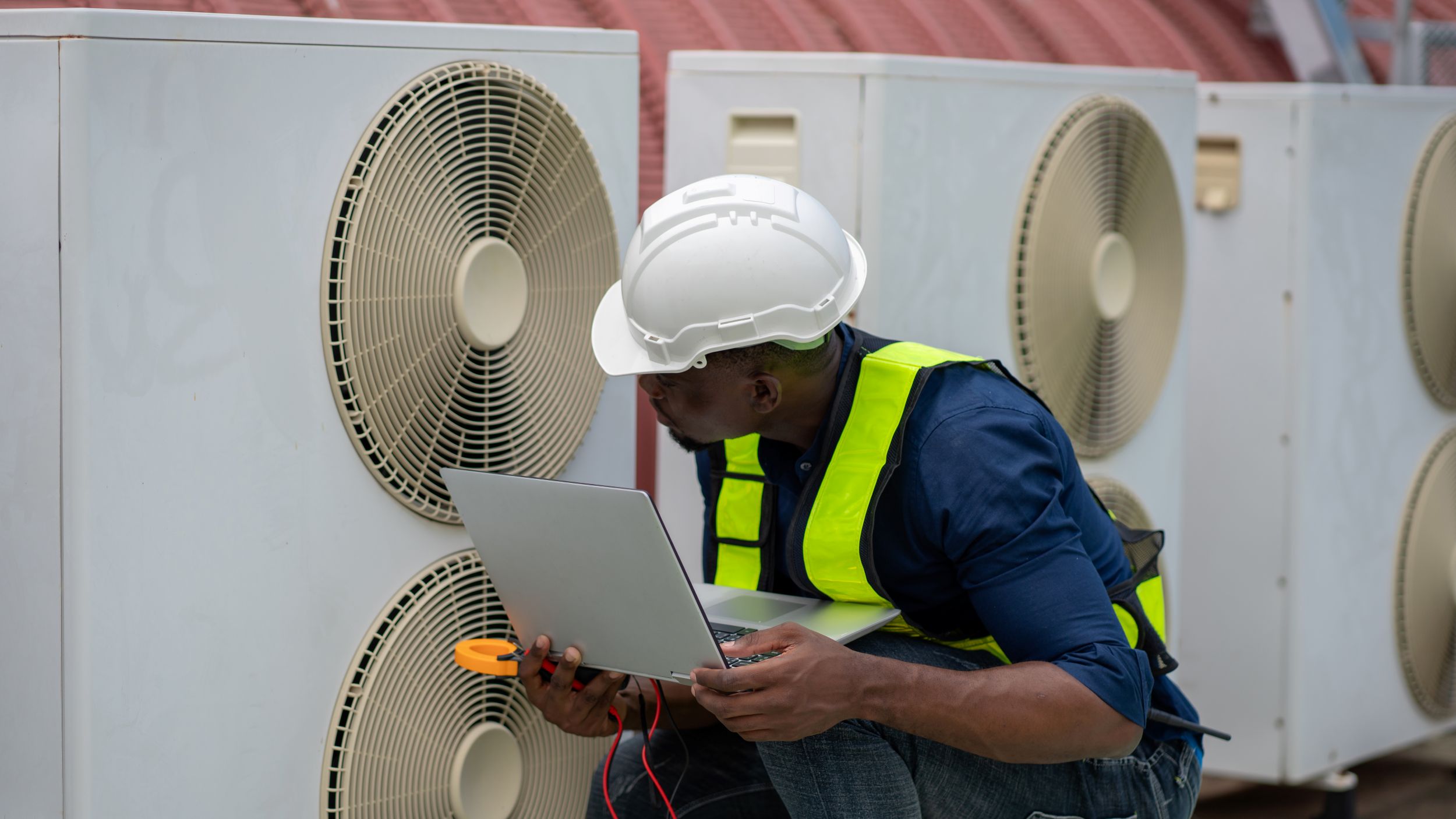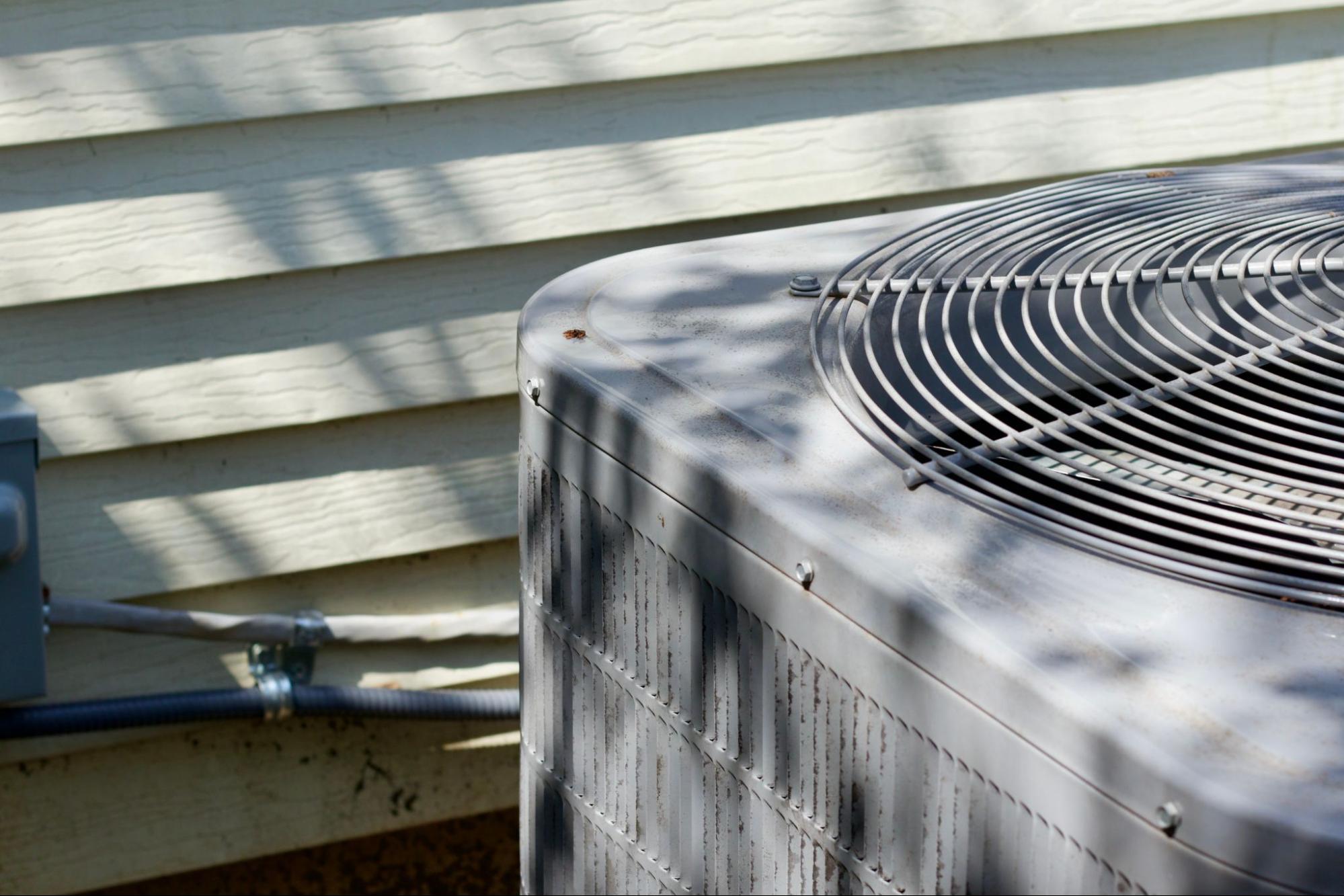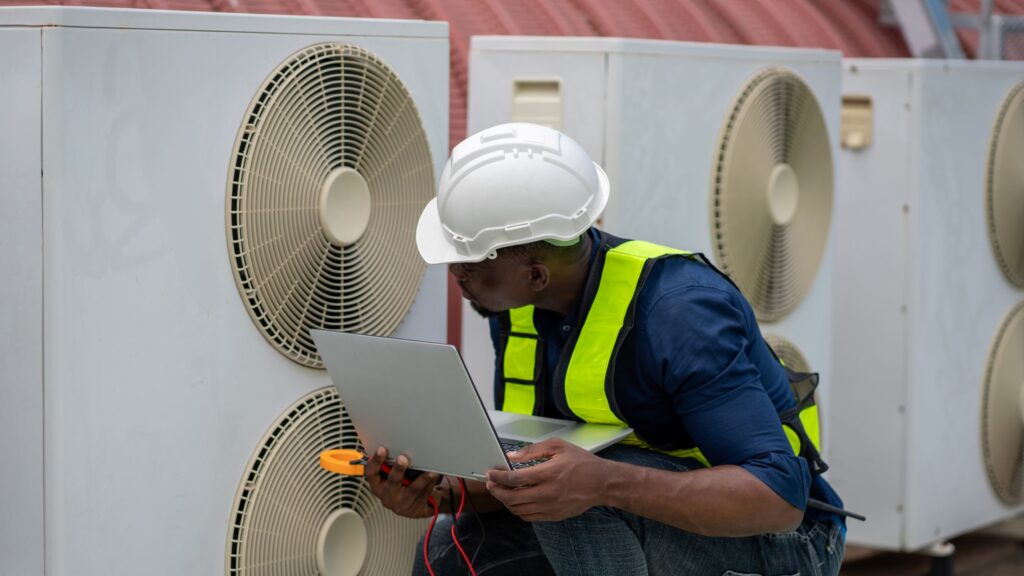
Let’s be honest—no one wakes up excited to schedule HVAC repairs. But ignoring the early warning signs? That’s a fast track to costly fixes, emergency calls, or worse—being stuck in a St. Clair County summer with no cool air (yikes). Whether it’s strange HVAC noises, sudden temperature fluctuations, or just a gut feeling something’s “off,” your system is likely sending signals.
At S&P Heating, we’ve seen how minor issues quickly snowball into full-on HVAC system breakdowns. That’s why we’re here to break down the top seven red flags that mean your unit needs some love—before it’s too late. Let’s jump in and help you catch problems early, avoid stress, and stay comfortably in control.
1. Your Energy Bills Are Skyrocketing Without Reason
You’re using the same thermostat settings, your habits haven’t changed—yet your utility bill is climbing like a squirrel on a power line. What gives?
This is one of the most significant signs your HVAC is failing. When your system has to work harder to do the same job, you’ll see it reflected in your energy costs. Often, this happens due to reduced performance, dirty components, or internal malfunctions that require immediate attention.
💡 Pro Tip: Compare your current bills with those from the same month last year. If you notice a big jump, it’s time to schedule an inspection.
2. Strange HVAC Noises Are Becoming the Norm
HVAC systems aren’t totally silent—but they shouldn’t sound like a rock concert, either. If you’re hearing:
- Grinding
- Banging
- Whistling
- Clicking
- Squealing
… it’s more than just a nuisance. These strange HVAC noises usually signal internal mechanical issues, from a loose part to a failing motor. Letting it go could lead to a major HVAC system breakdown—so don’t ignore your home’s new soundtrack.
3. Weak Airflow or Hot Spots Around the House
Notice certain rooms feel like a freezer while others stay stuffy? This kind of airflow problem is a telltale sign something isn’t right. It could be clogged filters, damaged ducts, or even blower motor trouble.
When your system can’t push air evenly through the vents, it not only hurts your comfort but stresses the entire system. Poor air circulation equals overwork, which leads to—you guessed it—frequent repairs and a shorter system lifespan.
4. Your Thermostat Seems to Be Lying to You
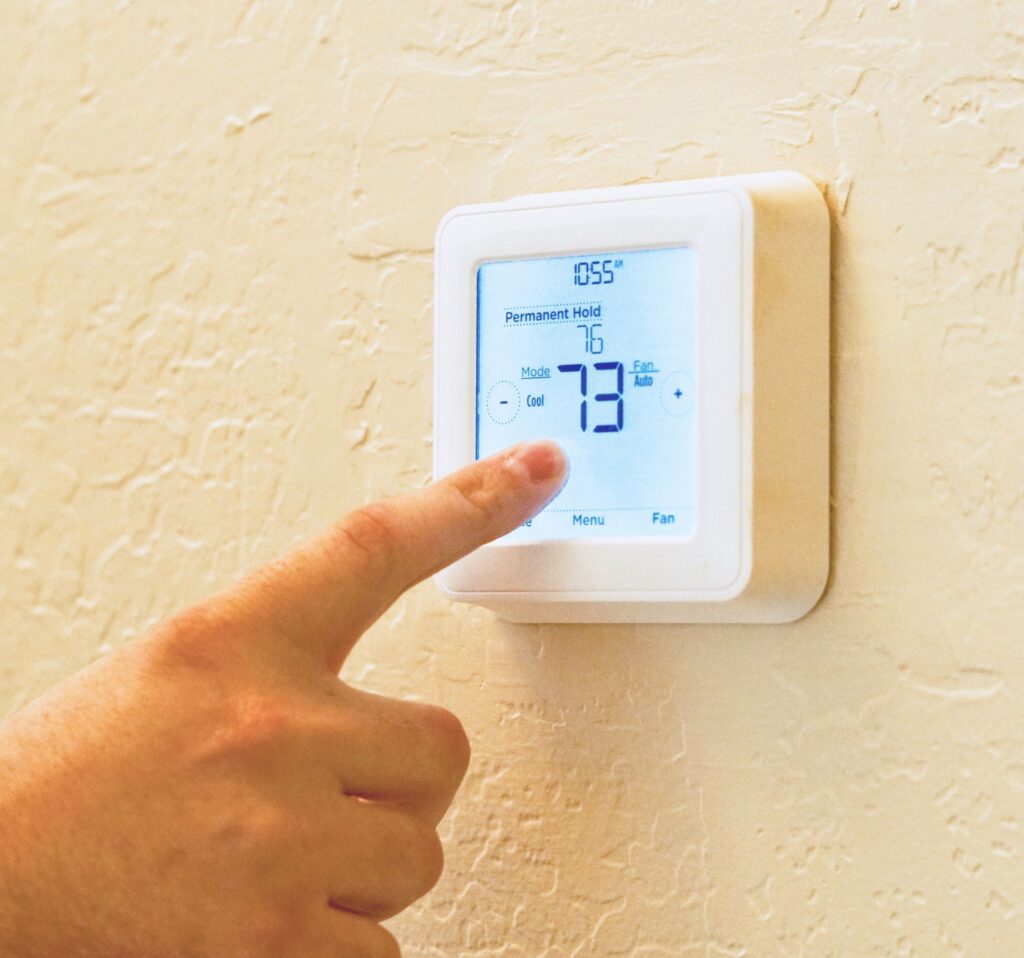
Thermostat set to 70°F, but it feels like 80°F? That’s not your imagination—it could be one of the clearest thermostat repair signs. Inaccurate readings, blank displays, or failure to respond to adjustments all indicate the thermostat might be faulty or losing connection with your unit.
Sometimes, the issue lies in wiring; other times, the thermostat just needs recalibration or replacement. Either way, don’t overlook this tiny piece of tech—it plays a massive role in your HVAC’s ability to function properly.
5. Your System Is Short-cycling or Running Nonstop
If your unit is constantly turning on and off every few minutes—or, on the flip side, running endlessly without shutting down—you’re experiencing short cycling or a system overheating issue.
This can stem from anything from improper system sizing to dirty coils or refrigerant problems. Not only does it waste energy, but it’s also a fast track to system failure. Get it checked before it burns out entirely.
6. It’s Blowing Air, But It’s Not the Right Temperature
You hear the hum of the system, feel air from the vents—but your space isn’t getting cooler or warmer like it should. That’s a classic case of temperature fluctuation, and it often signals trouble with your compressor, refrigerant levels, or even duct leaks.
This one’s sneaky because the system seems to be working. But the internal efficiency? Not so much. This is when calling a pro for HVAC repairs makes all the difference.
7. The Unit Just… Won’t Turn On
Okay, this one is a no-brainer, but it’s also the most dreaded: you flip the switch, and nothing happens. No air, no sound, no signs of life. If your unit doesn’t turn on, there could be multiple culprits, including a tripped breaker, a blown capacitor, or a major internal fault.
Before you panic, check your breaker box and thermostat batteries. But if all seems well and it’s still dead? It’s time to call in an expert to diagnose the issue.
Call S&P Heating for Expert HVAC Repairs in St. Clair County
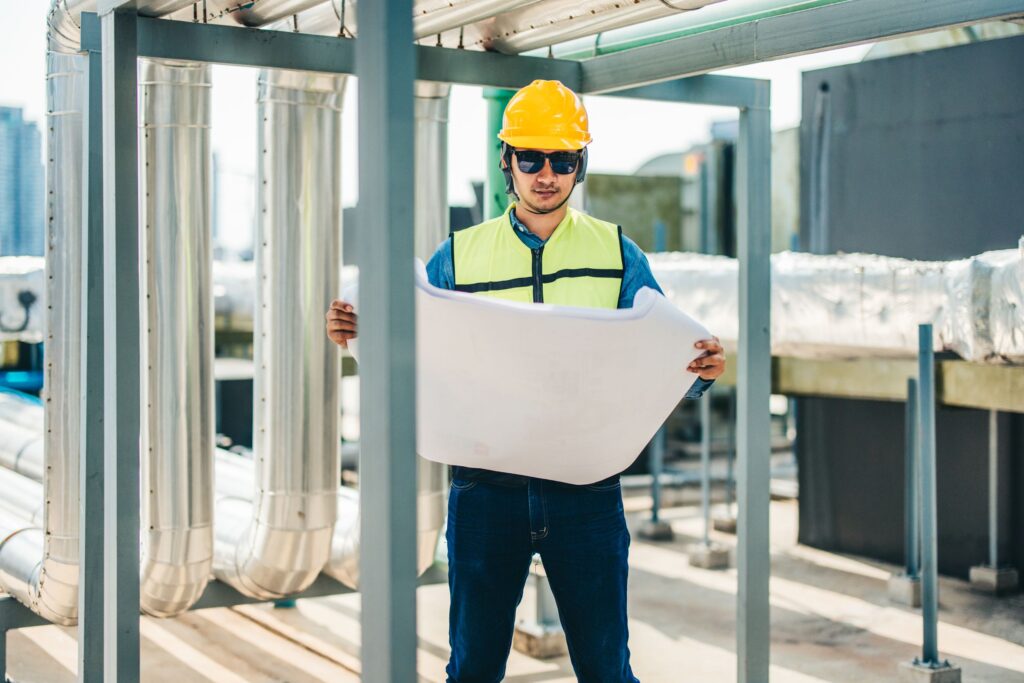
Don’t let minor HVAC issues become major disasters. Whether it’s airflow problems, thermostat glitches, or suspiciously high energy bills, the expert team at S&P Heating is ready to diagnose and fix the problem—fast.
We offer honest assessments, reliable service, and long-term peace of mind. Because we’re not just another HVAC company—we’re your neighbors.
Call us today to schedule your repair and keep your comfort running strong.
FAQ: HVAC Repair Concerns for St. Clair County Homeowners
How long should an HVAC system last with regular repairs and maintenance?
On average, a well-maintained HVAC system should last between 15–20 years. However, climate, usage, and how quickly you respond to issues can significantly affect lifespan. Prompt HVAC repairs, annual inspections, and regular filter changes all contribute to a longer system life and better performance year after year.
What’s the difference between an HVAC tune-up and a repair?
An HVAC tune-up is preventative—designed to catch problems early and keep your system running efficiently. It includes inspections, cleanings, and adjustments. Repairs, on the other hand, address a specific failure or malfunction, like a broken motor or a system that won’t start. Both are essential, but tune-ups can help reduce the need for major repairs down the line.
Is it better to repair or replace an aging HVAC system?
It depends. If your system is under 10 years old and the issue is minor, HVAC repairs are usually the smarter and more affordable route. But if you’re constantly calling for service, seeing efficiency drop, or facing major part failures—and your unit is 15+ years old—it may be time to consider a replacement. A trusted technician can help you weigh costs and benefits based on your specific system.
Next Up: Emergency HVAC Repairs in St. Clair County: What to Do When Your System Quits
Sudden system failure? Don’t panic. Check out our next article: “Emergency HVAC Repairs in St. Clair County: What to Do When Your System Quits.“ It’s your cool-headed guide for when things heat up unexpectedly!

